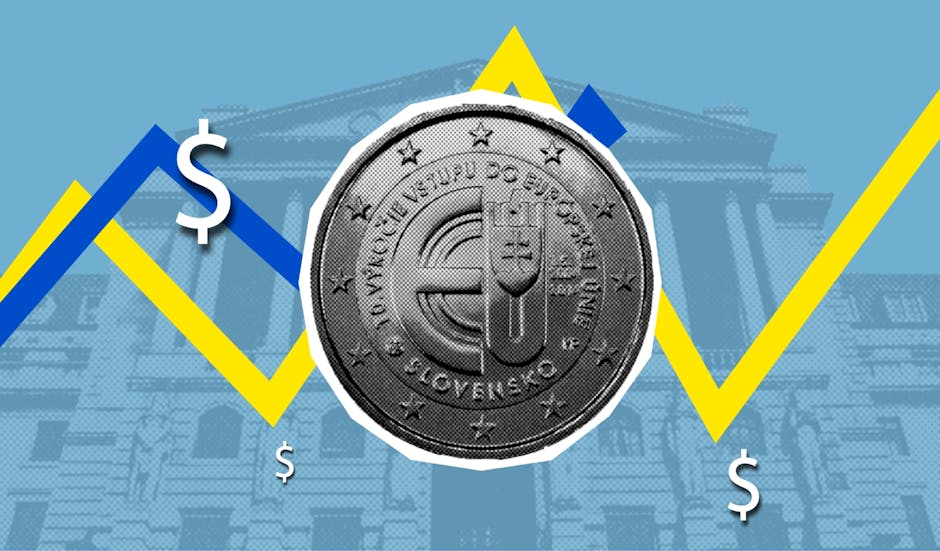Tips for Traveling Europe on a Tight Budget
Traveling across Europe doesn't have to put a strain on your wallet. With careful planning and deliberate decision-making, you can explore the marvels of the continent while keeping your finances in check.
Picking Economical Destinations
The expenses of traveling in Europe can vary depending on where you go. Some countries and cities are renowned for being more cost effective than others. For instance Eastern European countries like Poland, Hungary and Romania offer cultural experiences at a fraction of the price compared to Western Europe. Within Western Europe places like Lisbon and Porto in Portugal are known for being more wallet friendly compared to bustling cities like Paris or London.
When mapping out Smaller towns and countryside areas can provide a taste of local life and are often much lighter on the wallet compared to big cities.
Doing research and comparing expenses for accommodations, meals and activities in different locations can help you craft an itinerary that aligns with your budget. Platforms such as Numbeo provide cost of living analyses, between various cities and countries.
Budget Friendly Accommodation Choices
Finding accommodation is crucial when traveling as it can be a major expense. Luckily there are ways to cut costs. Hostels are a favored option among budget travelers offering reasonable rates and the opportunity to connect with fellow travelers. Nowadays many hostels provide rooms alongside shared dormitory accommodations.
Another alternative is to explore budget hotels or guesthouses. Websites like Booking.com frequently feature promotions and discounted rates for lodging options throughout Europe.
For those seeking a local experience platforms such as Airbnb or Couchsurfing could be appealing. Staying with locals not offers unique insights into the area but also helps save money on accommodation costs.
- Hostels; sociable
- Budget hotels; Simple yet cozy
- Airbnb; Immersive local experiences, with a range of pricing choices
- Couchsurfing; stays with locals
Dining Economically
Managing food expenses while traveling is essential and there are strategies to eat well without overspending. Street food and local markets are spots to enjoy affordable meals. Many European cities boast food markets where you can savor regional dishes at reasonable prices.
Another suggestion is to eat at restaurants that are popular among residents. Avoid the tourist spots where prices tend to be higher and instead opt for local restaurants in the neighborhoods that serve authentic dishes at more affordable prices. If you have access to a kitchen try cooking some of your meals. Shopping at grocery stores and markets allows you to explore local ingredients and save money on eating out.

Saving on Transportation
Efficiently While flying may seem convenient it's not always the cost effective option. Trains and buses often offer alternatives and allow you to enjoy scenic views of the countryside.
Consider using Eurail passes if you plan on taking train journeys across different countries as they can be a budget friendly option. For trips or travel within a single country booking individual train tickets in advance can lead to significant savings.
Buses are generally the economical choice for long distance travel within Europe. Companies like FlixBus provide routes at very affordable prices.
Affordable Entertainment and Activities
Europe boasts free or low cost activities that can enhance your travel experience without breaking the bank. Many museums and galleries have days with entry or discounted rates, for students and young travelers.
Exploring cities on a budget can be done through visits to parks, historical sites and walking tours. You can check out sites like Meetup to discover local gatherings and activities organized by members of your community.
- Museums; Check for days with entry or discounted tickets.
- Parks; Enjoy the beauty of nature without any cost.
- Walking tours; available for free or with a donation option.
- Local events; Find complimentary activities using apps.
Here's a sample budget breakdown for traveling in Europe;
| Expense Category | Estimated Cost (per day) | Notes |
|---|---|---|
| Accommodation | $20. $50 | The price fluctuates depending on the location and the type of lodging chosen, such as hostels or budget-friendly hotels. |
| Food & Drink | $10. $30 | Try street food, markets and local eateries |
| Transportation | $5. $20 | Utilize buses and trains; costs depend on distance |
| Entertainment & Activities | $5. $15 | Explore museums, parks and tours |
Experienced travelers offer money saving advice;
- "Opt for transportation as its reliable and more affordable than taxis or rental cars."
- "Travel during off peak seasons when prices are lower outside holidays."
- "Carry a water bottle as tap water is safe, in most European countries."
When it comes to exploring Europe without breaking the bank there are strategies you can use. From picking affordable travel spots to discovering budget places to stay and eat there are plenty of opportunities to make the most of your trip without overspending. The secret is, in planning being resourceful and making wise decisions at every turn.